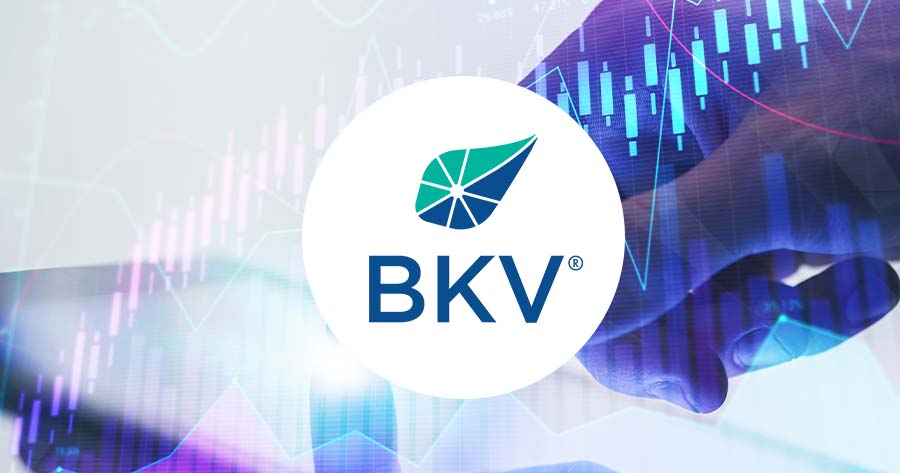BKV Corp kicked off its first trading day in the New York Stock Exchange on September 26, 2024, with a slight gain by 3% to $18.55 per share.
Natural gas producer BKV Corp, a subsidiary of Thailand’s energy producer Banpu Public Company Limited (SET: BANPU), announced on Wednesday that it successfully raised $270 million in its U.S. initial public offering. The company sold 15 million shares at $18 each, which is below the floor of its initial price range of $19 to $21 per share.
The trading of BKV comes at the right moment as the U.S. IPO market, traditionally vibrant in September following a summer slowdown, has received a boost this month from the Federal Reserve’s interest rate cut. The market anticipated further monetary policy easing until 2025, and decreased stock market volatility are poised to stimulate a broader recovery in investor confidence.
BKV’s IPO positioned the company at $1.51 billion in valuation, based on outstanding shares indicated in its IPO prospectus. Headquartered in Denver with operations in Texas’ Barnett shale and Pennsylvania’s Marcellus shale, BKV had filed for a stock market debut nearly two years ago.
According to regulatory filings, BKV recorded a net loss of $98.3 million in the first half of the current year, contrasting with a $60.8 million profit in the same period of 2023. The company reported cash and cash equivalents of $9.2 million at the close of the first half of this year, down from $22.4 million a year earlier.
Shares of BKV will be listed on the New York Stock Exchange under the ticker symbol “BKV,” with Citigroup and Barclays serving as the lead book-running managers for the offering.
“Of the net proceeds we receive from the sale of our common stock in this offering, we intend to use approximately $230.0 million to repay certain indebtedness, which may include some or all of the $50.0 million in aggregate principal amount outstanding under the BNAC A&R Loan Agreement and the outstanding revolving borrowings under the RBL Credit Agreement, for growth capital expenditures and for other general corporate purposes, which may include the expansion of our CCUS (carbon capture, utilization and sequestration) business,” the company wrote in its filing.
Yuanta Securities wrote in a note prior to the final decision on the IPO price, expecting the price range of $19-21 per share would translate to an NAV per share of THB3.4-3.7 to BANPU with a discount holding of 20%.
Tuanta maintained its “Trading” recommendation with a rolled over target price at THB7.00 per share. The firm reiterated its positive view on the recovery of natural gas price and coal due to higher demand in 4Q24-1Q25 during winter.
Meanwhile, Kasikorn Securities (KS) disclosed its latest research after the final decision from BKV to price its IPO at $18 per share with a slight negative view on the total proceeds that was lower than expected, especially when the company set a target range at $19-21 per share prior to today’s announcement.
This could translate to lower capital on CCUS investment in the future. BKV noted that the company will set aside $50 million as debt repayment to BANPU and $180 million to financial institutions, leaving BKV $40 million from the proceeds for future investment.
Additionally, KS expected debt-to-equity of BANPU to lower by THB0.9 per share, while also accounting for gains from the BKV IPO at THB0.9 per share. This development is set to have a favorable effect on the company’s consolidated financial statement.
KS has revised its recommendation on BANPU from a “BUY” to a “Hold” rating, while increasing the target price to THB6.70 per share from THB5.80 per share, citing the decline in debt-to-equity ratio. The decision to downgrade was influenced by the limited upside for the target price, which currently stands at THB7.05 per share as of September 25, 2024. KS foresees that the baht’s appreciation in the third quarter of 2024 will impact BANPU, leading to lower-than-expected profits.





